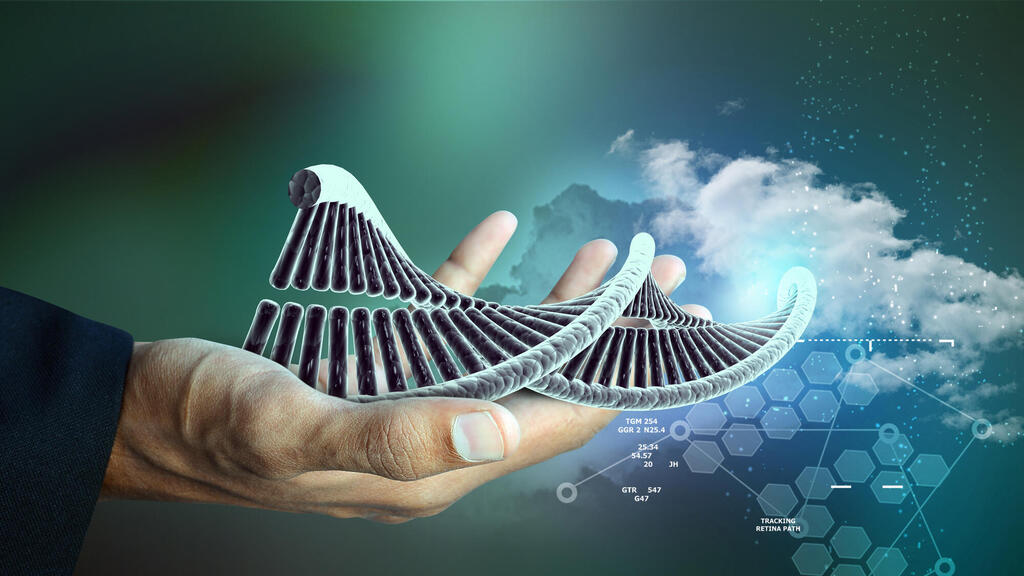A new study conducted by Tel Aviv University (TAU) unveiled risks in the use of the Nobel-prize-winning CRISPR method of editing DNA, proving it could damage the genome.
Israeli scientists investigated the impact of CRISPR therapeutics, which are already being used for treating cancer, liver and intestinal diseases as well as genetic syndromes, according to TAU’s press release.
The researchers detected a loss of genetic material of up to 10% in the treated white blood cells. This could lead to destabilization of the genome, which could in turn cause cancer.
"Such chromosomal disruptions can destabilize the genome, and we often see this in cancer cells. Thus, CRISPR therapeutics, in which DNA is cleaved intentionally as a means for treating cancer, might, in extreme scenarios, actually promote malignancies," Dr. Uri Ben-David and his research associate Eli Reuveni, who are members of the team conducting the study, explained.
CRISPR is a revolutionary technology developed nearly a decade ago for editing DNA by cleaving its sequences at certain locations, deleting “unwanted segments” or repairing them. The method was proven effective in treating a range of diseases.
The TAU scientists said their intention was to shed light on potential risks of the CRISPR method, despite the technology's “substantial advantages.”
“In fact, in other studies, we have developed CRISPR-based treatments, including a promising therapy for AIDS. We have even established two companies – one using CRISPR and the other deliberately avoiding this technology. In other words, we advance this highly effective technology, while at the same time cautioning against its potential dangers,” Dr. Adi Barzel, who led the study, and his Ph.D. student Alessio Nahmad said, adding that the very essence of science was not to “choose sides” but to examine both positive and negative aspects.



